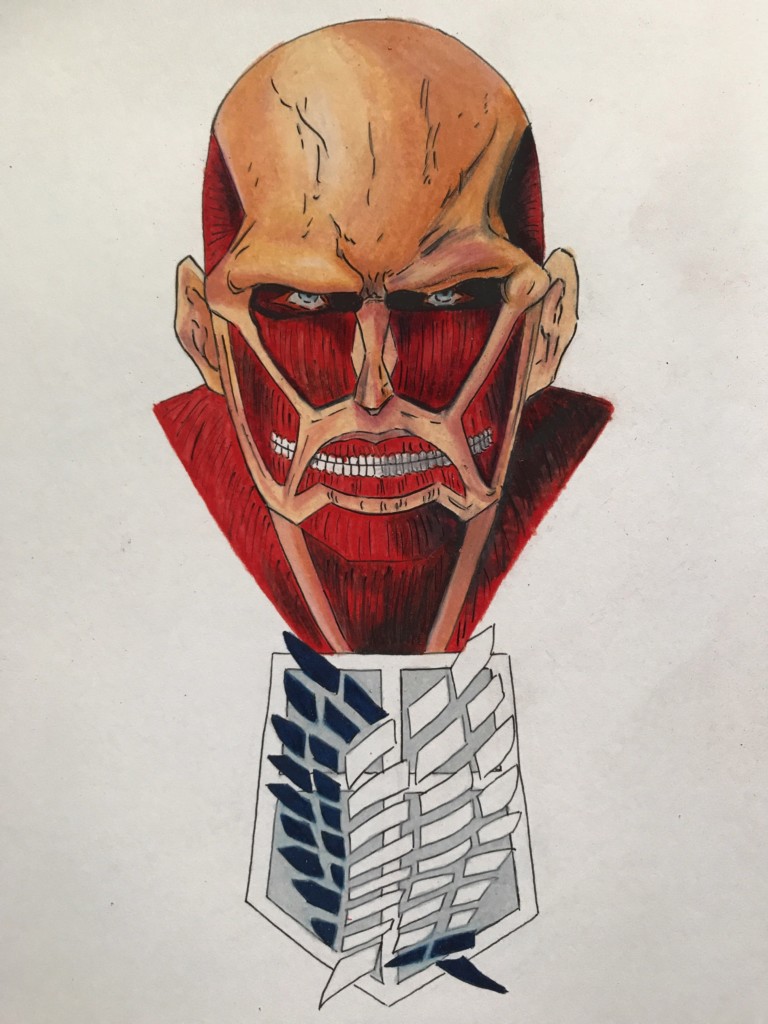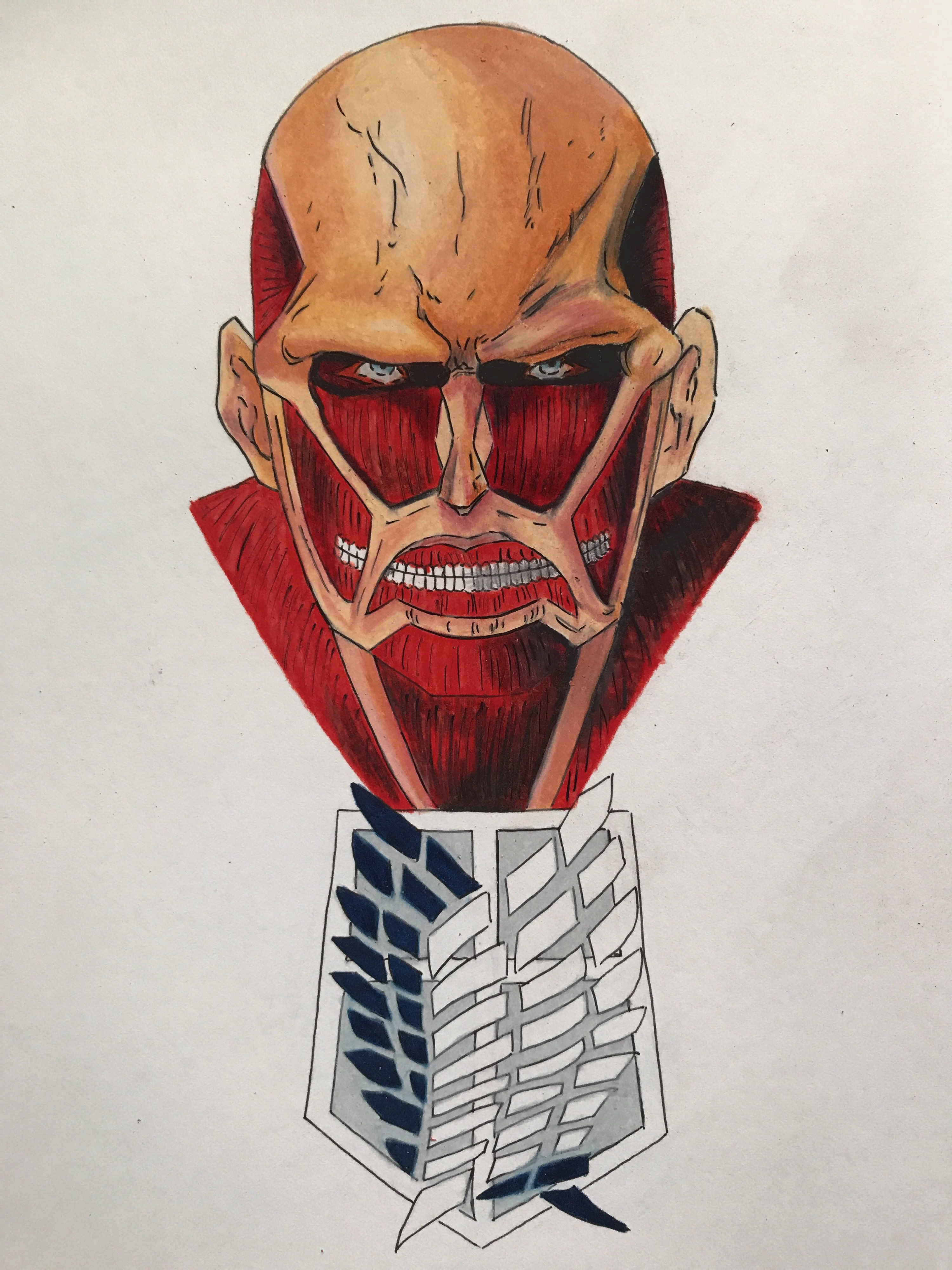This year the third season “Attack on Titan” third and fourth season took the anime community by storm.
After a nearly five-year hiatus, the show made its return with two back-to-back seasons, with all new character arcs, betrayals, and tragic backstories. There is almost never a dull moment in “Attack on Titan.” Not when the main cast lives in constant fear of the giant man-eating monsters next door, always on the alert for the next time they have to fly into a losing battle. In the recent seasons though, the conflict has developed into a fight between humanity themselves, as we slowly learn the truth of the anime’s once ambiguous world.
As much as the anime community was excited, those who read the manga enjoyed watching the story they’d read being brought to life — all with the knowledge of the twists and turns they were about to experience on screen.
Not only were manga readers aware of what was in store, they were also exposed to the author’s original idea for the story, from character portrayals to plot-pacing. Although the changes from manga to anime weren’t major, it was still enough that the experience of reading the manga is rendered important in understanding and appreciating the story of “Attack on Titan.” Especially now that the manga is currently reaching its end. So, if you watched “Attack on Titan” (and loved it), now would be the time to read the manga.
For those of you who don’t know, “Attack on Titan” is a Japanese manga series written by Hajime Isayama. The anime’s first season debuted in 2015. The story follows Eren Jaeger and his two childhood friends, Armin Arlert and Mikasa Ackerman. They live in a walled country along with the rest of the remnants of humanity. Bloodthirsty, humanoid giants called titans lurk outside the walls, preventing human expansion. When the titans break through the walls of their hometown, our three main characters must figure out how to survive in their collapsing world, leading them to join the military force that fight against the titans.
An anime adaptation can work wonders in bringing a manga’s story to life. “Attack on Titan” is an excellent example of this. The epic soundtrack combined with the emotional voice acting and high-quality animations really emphasizes the truly devastating intensity of the story in motion.
The manga is so well-liked right now that it got its own “Final Exhibition” in Japan, featuring panels from the latest arc which highlight the philosophical questions the story has recently posed.
“Attack on Titan” has asked deep questions from the beginning. Being a story about war, characters have contemplated if the ends really justify the means. In Episode 25 of the first season, Jean Kristein says, “Abandoning your humanity to rise above the monsters, is that the only way to win? […] I wonder, would getting rid of the titans by becoming that kind of monster really be a victory for mankind?” Inquiries like these are sentimental throughout the story, effectively hooking readers and viewers. But as with anything complex, it must be presented for absorption with care, and sometimes the anime overlooks the nuances in “Attack on Titan’s” core themes which, in the absence of sound and movement, animate the manga.
I was told I can’t write any spoilers here. However, did you know that in the “Attack on Titan” universe, the sun rises in the west and sets in the east? It’s because the world is supposed to be an upside-down version of ours. I know that because I read the manga. You should, too.


